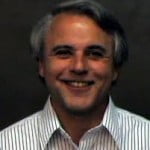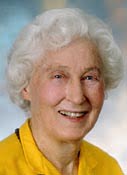Past-Life Regression in Brazil – Daniel W. Miller (Is.11)
by Daniel W. Miller, Ph.D.
Cultural differences may manifest themselves in many ways. Of interest and importance to practitioners of PLT is the awareness of the cultural framework and reference points accepted and understood by the client. Dr. Miller has visited Brazil on many occasions and has used these opportunities to observe and explore some of these culture-specific assumptions as apply to the practice of PLT.
I’d gone to Brazil almost annually since 1981 to participate in Metaphysical Conferences in Sao Paolo and Rio de Janeiro, conducting past-life therapy and training sessions afterwards. In 1991 I went to Sao Paolo for the Fourth Annual Metaphysical Conference to lecture, and conduct workshops and individual sessions again. From my work with … Read the rest








